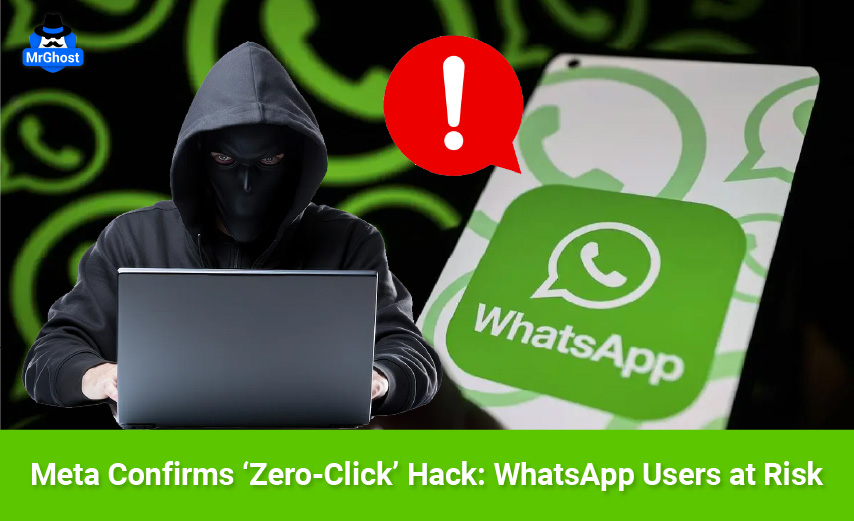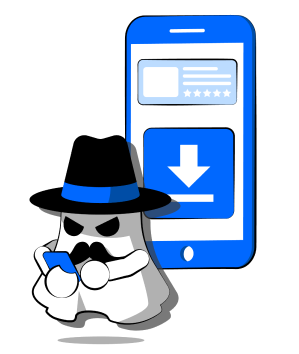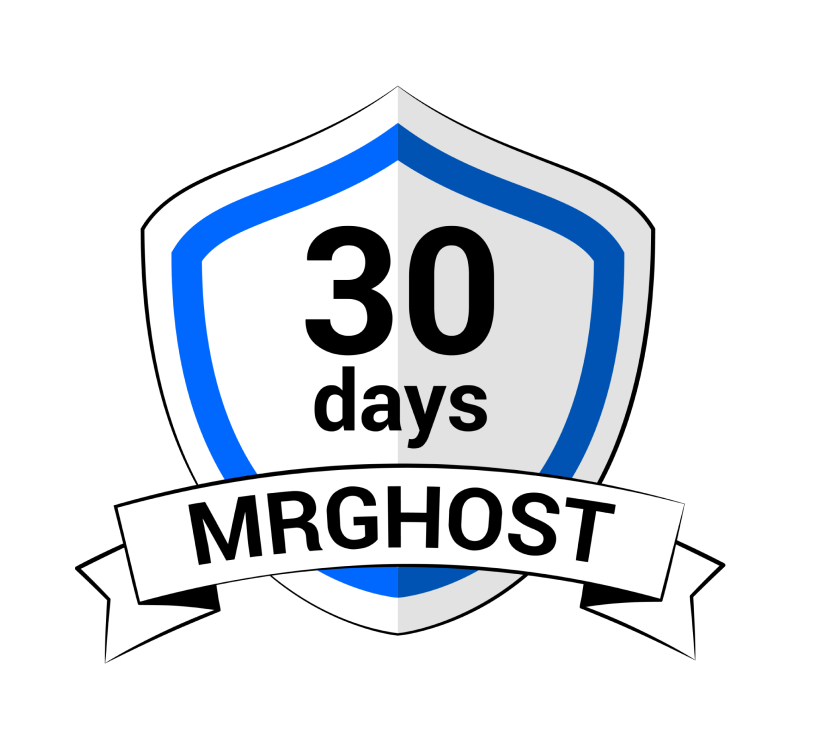
Meta Confirms the Attack
What is a Zero-Click Hack?
Paragon's Alleged Role in the Attack
WhatsApp's Security Response
Growing Concerns Over Spyware Regulation
How Users Can Stay Safe
Conclusion
Meta has confirmed that WhatsApp was compromised by a sophisticated “zero-click” hack, allegedly orchestrated by Israeli surveillance firm Paragon. The breach, which allowed attackers to spy on users without requiring any interaction, has raised significant concerns about digital security and privacy.
Meta Confirms the Attack
Meta, the parent company of WhatsApp, stated that its security teams discovered unauthorized access affecting a subset of users. The attack exploited a vulnerability in the messaging app, enabling remote surveillance without users needing to click on malicious links or download files.
Meta has since patched the vulnerability and is working with cybersecurity experts to prevent future breaches. The company has also taken legal action against Paragon, which has been accused of developing and selling spyware to government agencies worldwide.
What is a Zero-Click Hack?
A zero-click hack is a cyberattack that requires no action from the target. Unlike traditional phishing scams, which trick users into clicking malicious links, zero-click exploits take advantage of software vulnerabilities to infiltrate devices silently. Once inside, attackers can access messages, calls, and even control device functions remotely. Security researchers warn that these attacks are becoming more common and sophisticated, posing a serious risk to digital privacy.
Paragon's Alleged Role in the Attack
Paragon, an Israeli-based surveillance technology company, has been accused of developing spyware that has been used to target individuals, journalists, and political dissidents. While the firm claims its technology is designed to help law enforcement combat terrorism, human rights organizations have criticized its involvement in unlawful surveillance.
Meta’s legal action against Paragon follows previous lawsuits against other Israeli spyware firms, including NSO Group, which developed the infamous Pegasus spyware. NSO’s technology was previously linked to widespread surveillance abuses, leading to its blacklisting by the U.S. government.
WhatsApp's Security Response
In response to the attack, WhatsApp is urging users to update their app to the latest version, which includes security patches. The company also recommends enabling two-factor authentication (2FA) and regularly reviewing privacy settings.
WhatsApp’s Head of Security, Brian Acton, reassured users of the company’s commitment to enhancing security. “We take the privacy and security of our users seriously. This attack underscores the need for constant vigilance and technological improvements to defend against sophisticated threats,” he said.
Growing Concerns Over Spyware Regulation
This breach has reignited global debates about the regulation of surveillance technology. Governments, cybersecurity experts, and privacy advocates are calling for stricter controls to prevent private firms from selling spyware to authoritarian regimes and malicious actors.
As legal battles unfold, tech companies face mounting pressure to invest in more robust security measures and increase transparency to safeguard user data. The WhatsApp breach serves as a stark reminder that even the most widely used messaging platforms remain vulnerable to cyber threats.
How Users Can Stay Safe
To minimize the risk of falling victim to spyware attacks, cybersecurity experts recommend the following precautions:
● Keep software updated – Regularly update apps and operating systems to patch vulnerabilities.
● Enable two-factor authentication (2FA) – Adding an extra layer of security helps prevent unauthorized access.
● Be cautious with messages and calls – Avoid engaging with suspicious messages, calls, or links from unknown contacts.
● Use encrypted messaging services – Consider secure platforms for sensitive conversations.
● Utilize a VPN for added protection – A trusted VPN service, such as MrGhost VPN, encrypt internet traffic and enhance security against surveillance and cyber threats.
👉 Learn more: What Does a VPN Really Protect You From?
Conclusion
The WhatsApp zero-click hack highlights the growing threats posed by spyware and digital surveillance. While Meta works to strengthen its defenses, users must also take proactive steps to protect their personal data. Staying informed, practicing good security habits, and using advanced protection tools are essential in the fight against cyber threats.
For those seeking reliable online security, MrGhost VPN provides secure access, ensuring privacy and protection against cyberattacks. Take control of your digital safety by joining our Affiliate Program today.













